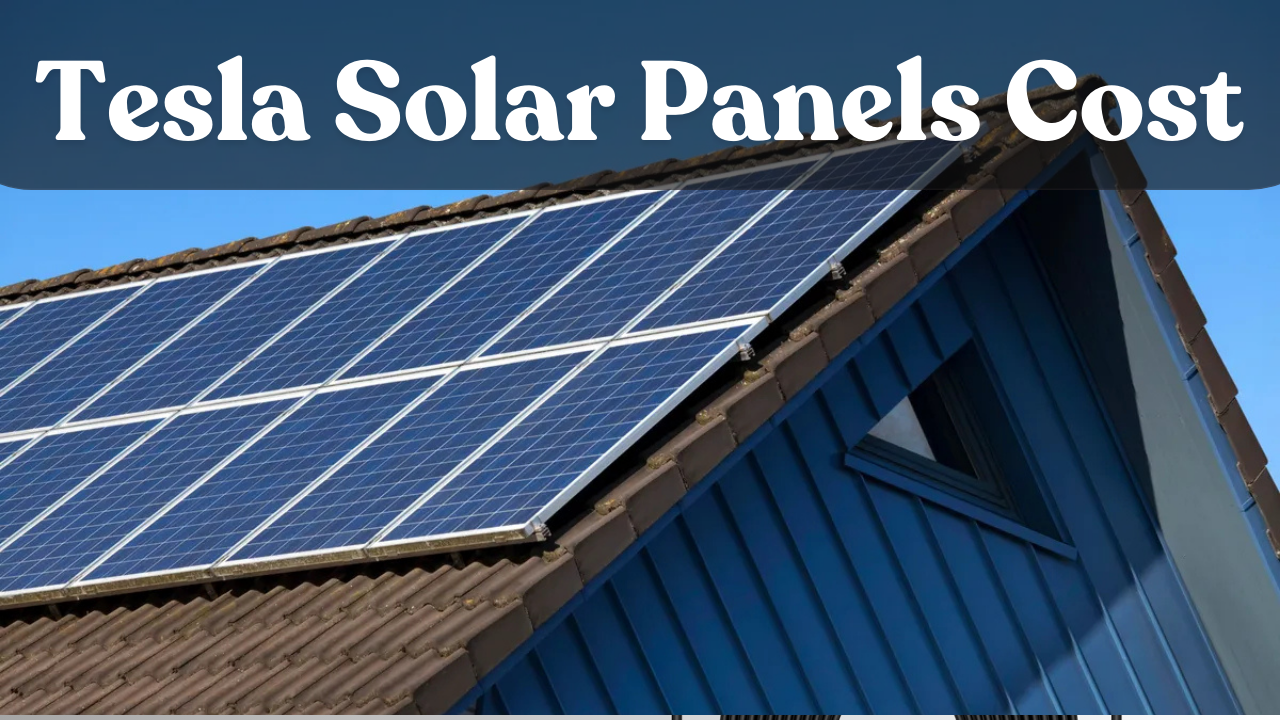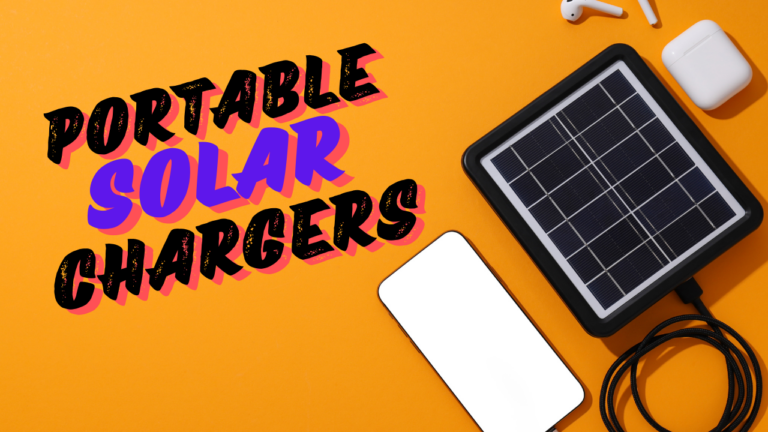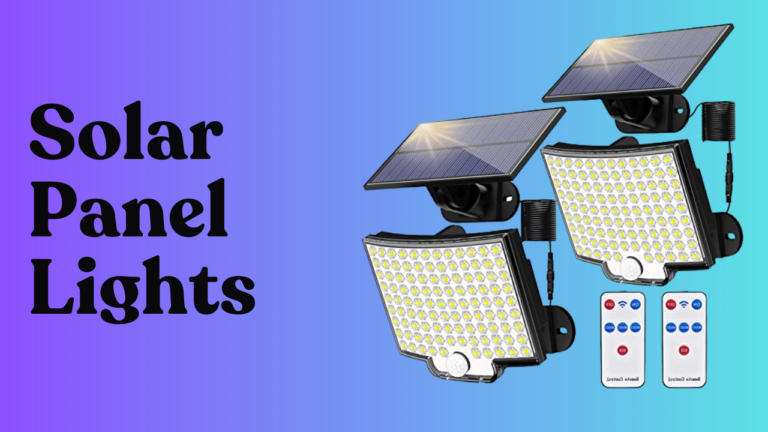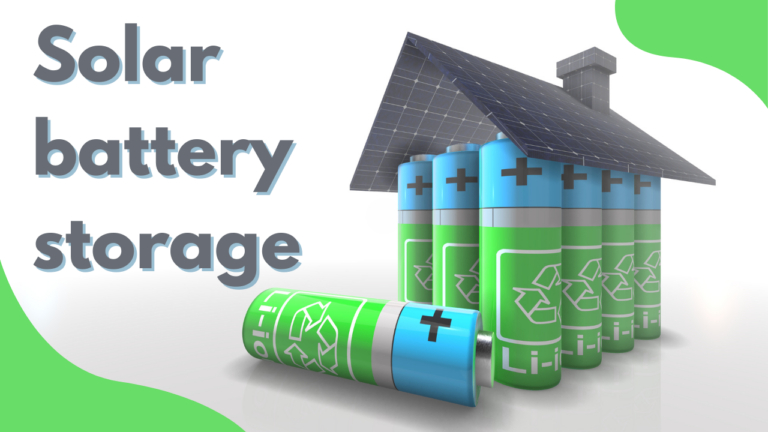Tesla Solar Panels Cost: Is It Truly Worth the Smart Investment?
With the growing interest in renewable energy, many homeowners are considering installing solar panels to save money on electricity and reduce their carbon footprint.
One of the most well-known brands in the solar industry is Tesla. Tesla solar panels are known for their sleek design, high efficiency, and smart energy integration. But how much do they actually cost, and are they worth it?
In this guide, we will explore the cost of Tesla solar panels, the factors that influence pricing, available incentives, and whether they are a good investment for your home.
How Much Do Tesla Solar Panels Cost?
The cost of Tesla solar panels depends on the size of the system, your location, and installation requirements. On average, here’s what you can expect to pay:
- 4 kW system: Around $10,000 – $12,000 (before incentives)
- 6 kW system: Around $14,000 – $16,000 (before incentives)
- 8 kW system: Around $18,000 – $20,000 (before incentives)
- 12 kW system: Around $25,000 – $28,000 (before incentives)
These prices include the cost of the solar panels, installation, and equipment. However, you may qualify for federal and state incentives that can significantly reduce your overall cost.
READ MORE: RV Solar Panels
Factors That Affect Tesla Solar Panel Costs
Several factors influence the total cost of a Tesla solar panel system, including:
1. System Size
The larger the system, the more power it can generate. A bigger system costs more upfront but can help you save more on electricity bills over time.
2. Location
Your geographic location affects the amount of sunlight your panels receive, as well as local installation costs. Areas with higher electricity rates often see better financial returns from solar energy.
3. Roof Complexity
If your roof is steep or has multiple angles, the installation may take longer and require extra labor, increasing the total cost.
4. Tesla Powerwall (Battery Storage)
If you choose to add a Tesla Powerwall battery to store excess energy, your total cost will increase. A single Tesla Powerwall costs around $9,200, with installation adding another $2,000 – $3,000.
5. Incentives and Rebates
Federal tax credits and state rebates can significantly lower the cost of your Tesla solar system. The Federal Solar Investment Tax Credit (ITC) allows you to deduct 30% of your solar panel installation costs from your federal taxes.
Tesla Solar Panel Features
Tesla’s solar panels offer several advantages that make them stand out from competitors:
- High Efficiency: Tesla panels are designed to maximize energy production.
- Sleek Aesthetic: Unlike traditional bulky panels, Tesla’s solar panels have an all-black design for a modern look.
- Durability: Tesla panels are built to withstand harsh weather conditions, including strong winds and hail.
- Integrated Solar Inverter: Tesla’s solar inverter optimizes energy conversion for better performance.
- Mobile Monitoring: The Tesla app allows homeowners to track energy production and consumption in real-time.
Tesla Solar Panel Financing Options
Tesla offers multiple ways to pay for solar panels:
1. Purchase Upfront
If you buy the system outright, you pay the full cost upfront but maximize long-term savings and qualify for tax incentives.
2. Solar Loan
Tesla partners with financing companies to offer loans. You make monthly payments, but you still own the system and qualify for incentives.
3. Solar Subscription (No Upfront Cost)
Tesla also offers a solar rental program in select states, where you can install solar panels with no upfront cost and pay a monthly fee. However, you don’t own the system, and long-term savings are lower than purchasing outright.
How Much Can You Save with Tesla Solar Panels?
Your total savings depend on your electricity usage, local utility rates, and available incentives. On average, homeowners can save $10,000 – $30,000 over 25 years by switching to Tesla solar panels.
For example:
- If your monthly electricity bill is $150, a solar panel system can cut your costs by 70-90%, saving you thousands over time.
- If you add a Powerwall battery, you can store excess energy and avoid peak electricity rates.
Is Tesla Solar Worth It?
Tesla solar panels are a great investment for homeowners looking for long-term energy savings and sustainability. Here are some reasons why they may be worth considering:
Pros:
✔ Affordable Pricing: Tesla offers some of the most competitive prices in the solar industry. ✔ Low Maintenance: Tesla panels require minimal upkeep and come with a 25-year warranty. ✔ Energy Independence: Generate your own power and reduce reliance on utility companies. ✔ Smart Integration: Works seamlessly with the Tesla Powerwall for backup storage.
Cons:
❌ Limited Customization: Tesla only offers standard panel sizes and layouts. ❌ Longer Installation Time: Some customers report delays in installation scheduling. ❌ Availability: Tesla’s solar subscription option is only available in certain states.
How to Get Tesla Solar Panels
If you’re interested in Tesla solar panels, follow these steps:
- Visit Tesla’s Website: Enter your address and energy usage to get a price estimate.
- Choose Your System Size: Select the system size that meets your energy needs.
- Review Financing Options: Decide whether you want to buy, finance, or subscribe.
- Schedule an Installation: Tesla will handle the entire installation process, from permits to activation.
- Monitor Your System: Use the Tesla app to track energy production and savings.
Final Thoughts
Tesla solar panels offer an affordable and efficient way to power your home with clean energy. With competitive pricing, high efficiency, and smart technology integration, they are a solid choice for homeowners looking to reduce their electricity bills and carbon footprint. While the upfront cost may seem high, federal tax credits and long-term energy savings make Tesla solar panels a worthwhile investment.
If you’re considering going solar, Tesla’s transparent pricing, warranty, and financing options make it easier than ever to switch to renewable energy. Take the first step today and see how much you can save with Tesla solar panels!




